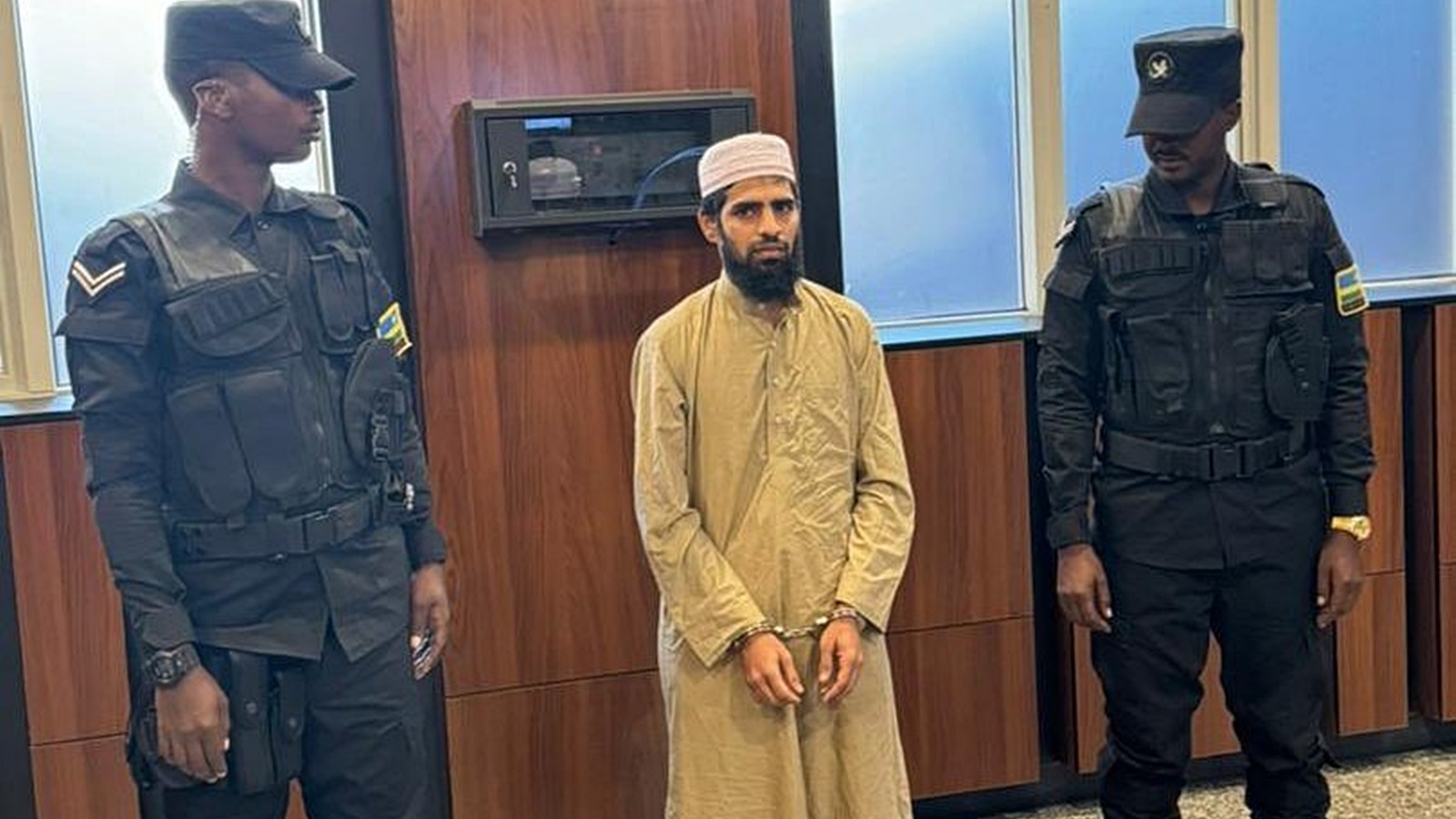 |
|
The National Investigation Agency (NIA) successfully extradited Salman Rehman Khan, a key figure in a 2023 Bengaluru prison radicalization case, from Rwanda. This significant development marks a crucial step in dismantling a terror network allegedly operating within the Bengaluru Central Prison. Khan, accused number eight in the case, was apprehended in Kigali following an Interpol Red Notice issued after a non-bailable warrant was issued by a Bengaluru special court. His extradition highlights the increasing international cooperation in combating terrorism and underscores the determination of Indian authorities to bring those responsible to justice. The case, initially handled by the Bengaluru Central Crime Branch before being transferred to the NIA, involves a complex web of individuals linked to the Lashkar-e-Taiba (LeT), a Pakistan-based terrorist organization. The investigation reveals a disturbing pattern of radicalization within the prison walls, where incarcerated individuals are alleged to have influenced and recruited vulnerable inmates.
Central to this case is Tadiyandavede Nasir, a LeT-linked prisoner already serving time for involvement in the 2008 Bengaluru serial blasts. Nasir, it is alleged, played a pivotal role in radicalizing several Muslim youths within the prison, including Salman Khan, who was incarcerated from 2018 to 2022 on charges unrelated to terrorism. Khan's alleged involvement extends beyond mere radicalization; he is accused of facilitating the collection and distribution of explosives for other terror suspects. This highlights the potential for prisons to become breeding grounds for extremist ideologies and underscores the need for robust counter-radicalization programs within correctional facilities. The NIA's investigation revealed a meticulously planned operation, with funds allegedly transferred from abroad to support the activities of the terror module. The efficient extradition of Salman Khan demonstrates the effectiveness of international collaboration in apprehending fugitives and highlights the commitment of various law enforcement agencies, including the Rwanda Investigation Bureau (RIB), Interpol, and various National Central Bureaus (NCBs) in pursuing those accused of international crimes.
The arrest of five youths in July 2023, initially by the Bengaluru Central Crime Branch, provided the initial spark for the investigation. These youths were found in possession of weapons and allegedly plotting a terror attack. This led to the uncovering of a larger network, implicating Nasir and ultimately Khan. The timeline of events is critical in understanding the scope of the operation. The initial arrests in July 2023 triggered a wider investigation, leading to the issuance of an Interpol Red Notice against Khan in August 2024. His subsequent apprehension in Rwanda and subsequent extradition in November 2024 signify a prolonged but ultimately successful effort by international and Indian law enforcement agencies to bring a dangerous individual to justice. The case also underscores the challenges faced by law enforcement in tackling transnational terrorism, requiring coordinated efforts across borders and a sophisticated understanding of terrorist networks and their operational methods. The ongoing investigation will undoubtedly shed further light on the extent of the conspiracy and its links to international terrorist organizations.
The prosecution's case against Salman Khan is based on evidence gathered during the investigation, including communications and electronic devices seized from the accused. This evidence will be crucial in the upcoming trial, where Khan faces serious charges related to terrorism. His appearance before a special court in Bengaluru marks a significant milestone in the judicial process, and the court's decision to remand him in judicial custody reflects the gravity of the allegations. The granting of permission to examine sealed documents and electronic devices from the Rwanda Investigation Bureau further strengthens the investigation. The forensic examination of these items may reveal crucial evidence about the extent of Khan’s involvement and the nature of his activities within the terror network. The court's impounding of Khan's passport further limits his ability to flee and ensures his presence for the duration of the trial. This ensures the successful prosecution of this case and prevents any potential escape or interference with the ongoing investigation.
The backdrop to this case is the broader issue of prison radicalization, a growing concern for authorities globally. Prisons, often overcrowded and lacking adequate rehabilitation programs, can become fertile ground for extremist ideologies to flourish. The case highlights the vulnerability of individuals within the prison system, especially those with criminal histories or marginalized backgrounds. Addressing this issue requires a multi-pronged approach involving improved prison management, counter-radicalization programs, and stricter monitoring of individuals with known extremist links. The successful extradition of Salman Khan serves as a warning to those involved in similar activities, demonstrating that international cooperation can effectively track down and prosecute even those who attempt to evade justice by fleeing the country. The case emphasizes the ongoing need for vigilance, improved intelligence gathering, and close collaboration between national and international law enforcement agencies in the fight against terrorism.
